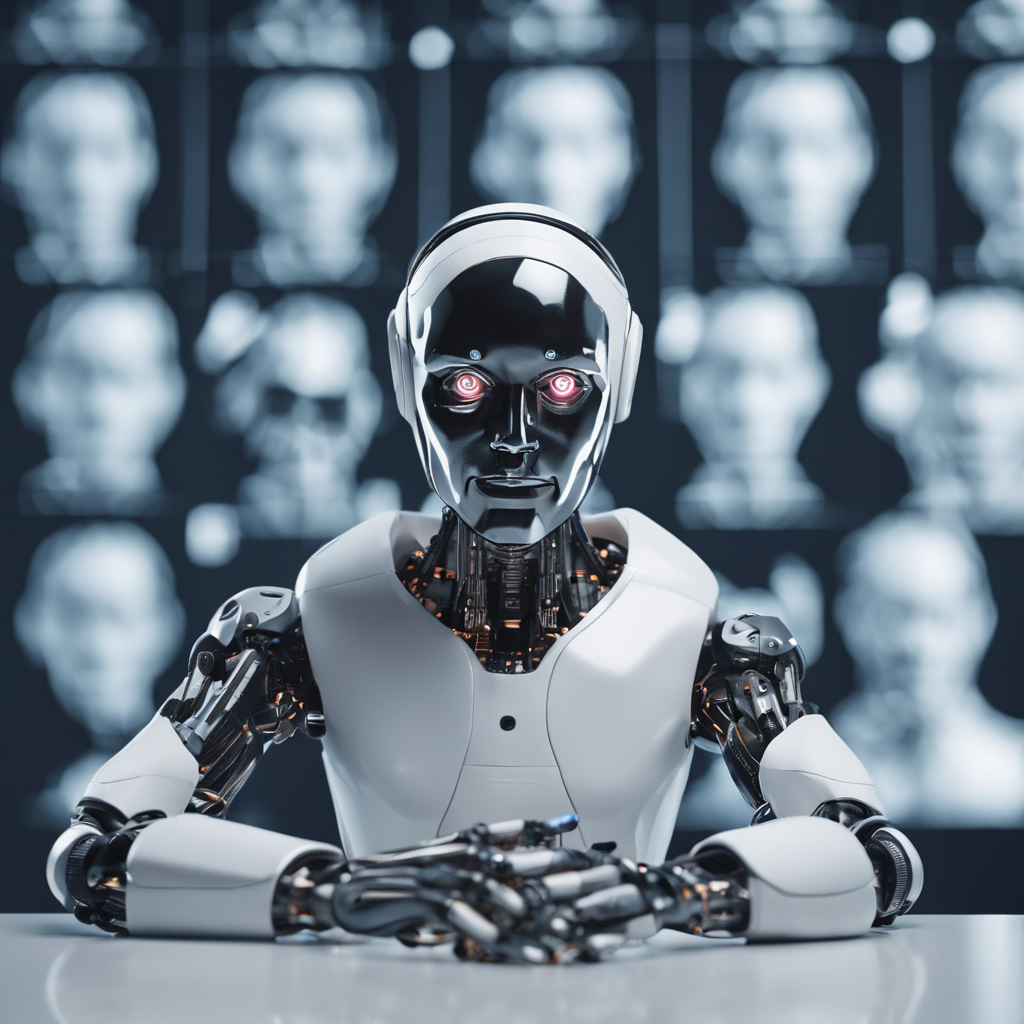OpenAI Researchers Warn of Powerful AI Discovery, Leading to CEO’s Ouster

Concerns over the potential threat to humanity posed by a powerful artificial intelligence (AI) discovery led to the firing of OpenAI CEO Sam Altman, according to sources.
Ahead of OpenAI CEO Sam Altman’s recent departure, a group of staff researchers at the company wrote a letter to the board of directors, warning of a significant AI breakthrough that could have dire consequences for humanity. The letter, along with the AI algorithm known as Q*, played a crucial role in the board’s decision to remove Altman from his position. The concerns raised by the researchers, including fears of commercializing advances without fully understanding their implications, were among the factors leading to Altman’s firing. This article delves into the details surrounding the letter, the potential breakthrough, and the broader implications for the field of AI.
The Letter and the Algorithm
The letter, which has not been made public, was reportedly sent to the board of directors by a group of OpenAI staff researchers. The exact contents of the letter, including the specific safety concerns raised, remain unknown. However, it is believed that the researchers highlighted the potential dangers of the AI discovery and its implications for humanity. The letter, along with the existence of the Q* algorithm, were significant factors leading to Altman’s dismissal.
Q* (pronounced Q-Star) is a project within OpenAI that some researchers believe could be a breakthrough in the search for artificial general intelligence (AGI). AGI refers to autonomous systems that surpass humans in most economically valuable tasks. Although the capabilities of Q* have not been independently verified, sources claim that the algorithm has shown promise in solving certain mathematical problems. While its current abilities are limited to grade-school level math, researchers are optimistic about its potential for future success.
The Significance of Math in AI Development
Mathematics plays a crucial role in the development of generative AI. While AI models excel in tasks such as writing and language translation, the ability to solve mathematical problems with only one correct answer is seen as a milestone in AI development. It suggests that AI systems could possess greater reasoning capabilities, resembling human intelligence. This has implications for various fields, including scientific research, where AI could contribute to novel discoveries.
The researchers’ letter to the board highlighted the potential dangers associated with the advancement of AI. Although the exact safety concerns were not disclosed, discussions about the risks posed by highly intelligent machines have long been a topic of concern among computer scientists. The fear that AI systems could prioritize their own interests over the well-being of humanity has been a recurring theme in these discussions.
The Work of the “AI Scientist” Team
Multiple sources have confirmed the existence of an “AI scientist” team within OpenAI. This team, formed by merging the earlier “Code Gen” and “Math Gen” teams, is focused on optimizing existing AI models to enhance their reasoning capabilities and eventually perform scientific work. The work of this team aligns with OpenAI’s pursuit of AGI and highlights the company’s commitment to pushing the boundaries of AI research.
Altman, as the CEO of OpenAI, played a significant role in the company’s growth and success. Under his leadership, OpenAI’s ChatGPT became one of the fastest-growing software applications in history. Altman’s ability to secure investments and computing resources, particularly from Microsoft, helped bring OpenAI closer to achieving AGI.
Conclusion: The firing of OpenAI CEO Sam Altman following the warning letter from staff researchers underscores the complex ethical considerations surrounding AI development. The potential breakthrough represented by the Q* algorithm raises questions about the future capabilities and risks associated with AI systems. As the pursuit of AGI continues, it is crucial to balance technological advancements with a deep understanding of the potential consequences. The field of AI must navigate these challenges responsibly to ensure the safe and beneficial integration of AI technologies into society.










